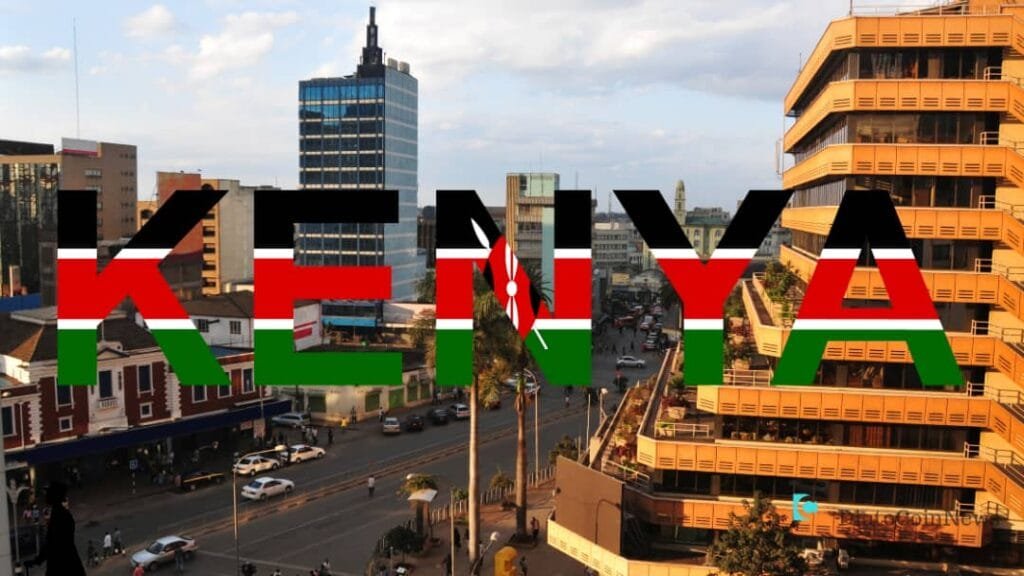While many fintech startups are emerging in Nigeria, banks and financial institutions are re-positioning to maintain their stronghold. Moreso, crypto companies are emerging to provide user-friendly products to their customers.
Most popular fintech platforms appear as a threat to the revenue of traditional banks. These fintech companies spread from different angles including loan service providers, payment gateways, bills and utility payment services, mobile top-ups etc.
According to the the GTBank’s “Macroeconomic and Banking Sector Themes For 2020″, the increase in fintechs and digital banks have also seen banks’ earnings decrease.
Fintechs provide services like food delivery, bills payments, loan services, mobile money transfers which has affected the banks’ traditional systems of delivery. Fintechs also provide e-wallets service to support its services deepening the competition for banks and fintechs in processing payments.
More fintechs provide user id, wallet id numbers eroding the use of bank accounts for mobile money transfers and payments, just like the use of wallet address for sending and receiving digital currencies such as bitcoin.
These fintechs utilize the services of agents to recruit more users, reaching out to retail customers and end-users driving their products to their users.
From the latest industry statistics report by the Nigeria Interbank Settlement System, Nigeria banks had lost over 4.1 million customers to fintech companies, mostly quick loan service providers like carbon.
Nigeria Banks Restructuring to Leverage the Fintech Industry.
Nigerian banks are reportedly restructuring its payment services to leverage fintechs and digital banking in other to maintain its revenue.
GTBank appears as the best bank currently moving into the fintech space with series of fintech and healthcare products to allow them leverage and maintain its stronghold amidst the growing effects of emerging technologies.
GTBank is reportedly restructuring into a holdings company to enable them build and deploy fintech products that can compete, grow and maintain its user base in Nigeria and Africa.
The bank also have various fintech products including habari, a multi-functional social network and utility app, GTPay, QuickCredit and a health tech product, Beta Health.
QuickCredit is the one of the banks best performing products which allows users to borrow funds with interest as low as 1.33% per month. The multi-functional social networking app, habari is also a good user-friendly product, though it has not gained much footage in Nigeria.
GTBank is well positioned to take over the fintech and digital payments space as the company is restructuring to deploy more fintech product to its large loyal customers in Nigeria and Africa.
Zenith Bank, another top bank in the fintech space, is looking to partner with fintech platforms and maintain its stronghold in the digital banking space.
Zenith bank started last year with Zenith Tech Fair, where different innovative tech platforms from various sides of emerging technologies including artificial intelligence and blockchain converged to pitch their ideas to investors and win funding support.
Also Read: Top Four Big Companies and Government Agencies Offering Blockchain Powered Services in Nigeria.
Other notable banks in this space includes, United Bank of Africa (UBA). The UBA’s AfriCash product allows customers to pay for tourism and travel activities across Africa. It allows for funds to be received in local and foreign currencies, at a very affordable fees transfer rate, which is electronic and instant.
How Regulations Affect Fintech Platforms
“As regulation hinders robust earnings, non-bank competitors have continued to further deplete the already challenged earnings of commercial banks using asset-light technology to offer customers a bouquet of financial services across payment, lending and investment options.”
Most challenges faced by fintech platforms is the issue of friendly regulatory policies to operate with. Many digital banking service providers find it difficult with license fees and the availability of real fintech focused regulations.
Earlier this year, the Central bank of Nigeria released new banking license for microfinance bank which is mostly used by digital banking platforms such as Piggyvest and Kuda bank.
Following the new banking revised license, most fintech and blockchain startups in Nigeria will need enough funds to get a license and operate. Moreso, the new revised banking standard does not support international fund transfer and other restricted functions.
The Case of Integrating Cryptocurrency into Fintech Products in Nigeria.
In Nigeria, the number of people using cryptocurrency compared to the total population of Nigeria, is practically low. Moreover, the notion towards the use of cryptocurrency is not positive. Many people see cryptocurrency as a tool used by scammers to collect money from people.
Many crypto based startups are already operating and looking to grow its product and bring in more users into its platform. There are very few of these platforms— Yellowcard, First Kudi etc.
Due to the less number of users actually utilizing cryptocurrency for payments in Nigeria, the userbase for many fintech crypto based products is still a huge problem towards its growth.
There is still a need for crypto based products to integrate with fiat payments to support the large number of users who are yet to have the knowledge of cryptocurrency, which invariably calls for a mass cryptocurrency awareness movements.
Additionally banks like GTBank have already started what seems to be a crypto-related testing environment for its points reward system known as GTCoin Points Reward.
Since its launch in 2018, GTBank provides its customers with a point reward system where they earn redeemable points reward for using its payment services and selected services.
This and more, appears to be reasons why it is willing to change into a holdings company, to allow the company build and deploy fintech products.
This comes at a period when China has started testing the use of its country’s central bank digital currency in selected cities of China following the adverse effects of COVID-19 on the world economy.
Cryptocurrency Regulations in Nigeria.
While the apex bank of Nigeria continues to take a negative stance towards regulating the use of cryptocurrencies like Bitcoin. The Security Exchange Commission of Nigeria have accepted the Fintech Roadmap Report where cryptocurrency is classified as a commodity.
Looking at the revised banking standards for digital banking service providers in Nigeria, the new revised banking standard does not support international fund transfer. This is also a challenge for digital banking service providers looking to include international money remittance.
With the recent rush by banks into the fintech space, the banks are strategizing to position as a favourable option for its users while growing and maintaining its revenue.
Top banks in Nigeria like GTBank might be looking to leverage emerging technologies to help them serve their customers and grow its revenue.
Discover more from DiutoCoinNews
Subscribe to get the latest posts sent to your email.













